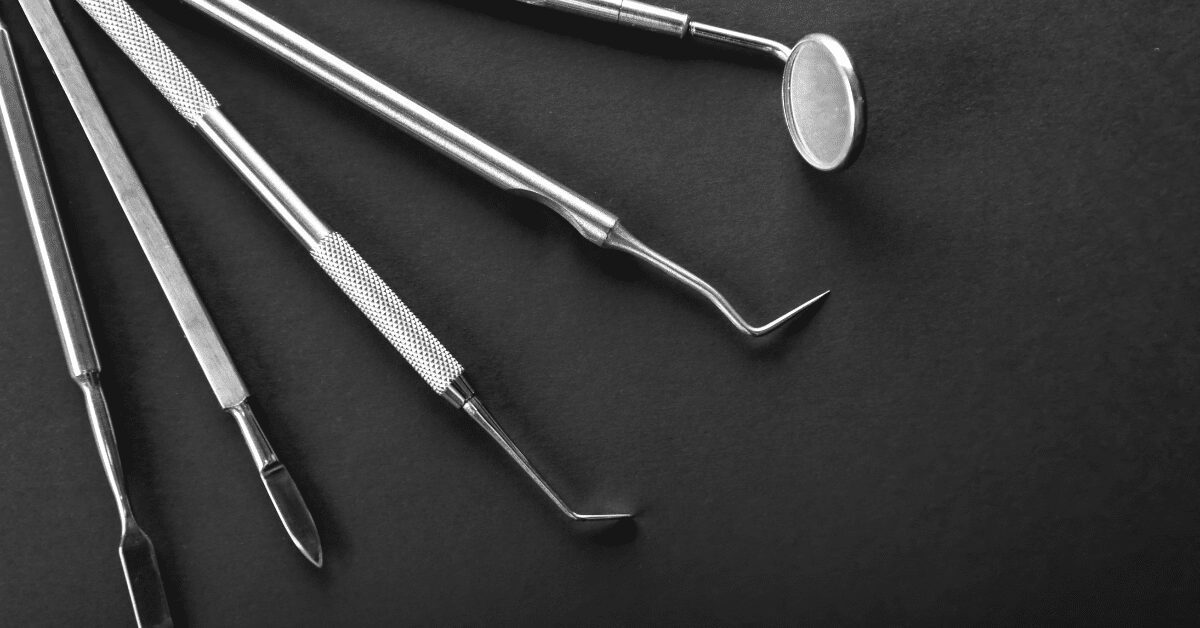Why Stainless Steel Wire is Crucial in Medicine
Stainless steel wire is not only strong but also bio-compatible. This means it can stay inside the human body without causing harmful reactions. In addition, it withstands contact with fluids and tissues, which makes it safe for surgeries and implants.
Furthermore, the wire can be easily shaped, cut, or woven. Because of this flexibility, it can be adapted for a wide variety of medical uses. Its strength and ability to maintain form even under stress give it a unique advantage.
Stainless Steel Wire for Sutures
Surgical sutures demand maximum precision. Doctors often depend on stainless steel wire when closing wounds or surgical incisions. It is highly resistant to corrosion, which ensures reliability during complex surgeries.
These sutures can also be sterilized by several methods, which is essential in maintaining hygiene in hospitals. When combined with surgical needles, the wire allows precise closure of tissue. This ensures quicker healing while minimizing infection risks.
Medical Devices Made with Stainless Steel Wire
Medical equipment requires durable materials, and stainless steel wire fits perfectly. It is used to create springs, clips, and even parts of catheters. These parts need to maintain stability and durability since patients depend on them daily.
Moreover, the ability to manufacture components in varied sizes and strengths makes the wire ideal for custom devices. For example, it can be coiled for pacemakers or shaped for stents. This flexibility supports doctors in creating solutions tailored to patient needs.
Role in Hernia Mesh and Orthopedic Implants
Stainless steel wire can be woven into a mesh. Surgeons often use such meshes during hernia repair to reinforce weak tissue. The mesh remains stable inside the body without corroding.
In orthopedics, stainless steel wire forms plates, screws, and pins. These implants must endure high stress as they support bones during healing. Since the wire is both strong and bio-compatible, it becomes the perfect choice for such critical applications.
Advantages of Stainless Steel Wire in Healthcare
There are many benefits to using stainless steel wire:
-
High strength: Handles stress and load with ease.
-
Corrosion resistance: Survives long-term contact with fluids.
-
Sterilization friendly: Works with various sterilization methods.
-
Versatility: Can be shaped into coils, meshes, springs, or clips.
-
Bio-compatibility: Safe for long-term use inside the human body.
Because of these qualities, hospitals and manufacturers continue to trust stainless steel wire for demanding medical purposes.
How Ambica Steels Supports Medical Device Manufacturers
Choosing the right material partner is crucial for medical equipment and device innovation. Ambica Steels understands the strict requirements of the healthcare industry and delivers stainless steel wire with unmatched precision and quality. With advanced technology and strict quality control, Ambica Steels ensures wire that meets international standards for strength, corrosion resistance, and bio-compatibility.
Medical device manufacturers benefit from Ambica Steels’ ability to provide customized solutions. Whether you need fine wire for sutures, strong wire for orthopedic implants, or specialized wire for critical medical devices, the company can deliver products tailored to your exact needs. Reliability, consistency, and performance define every batch produced at Ambica Steels. Contact us for your requirement.

